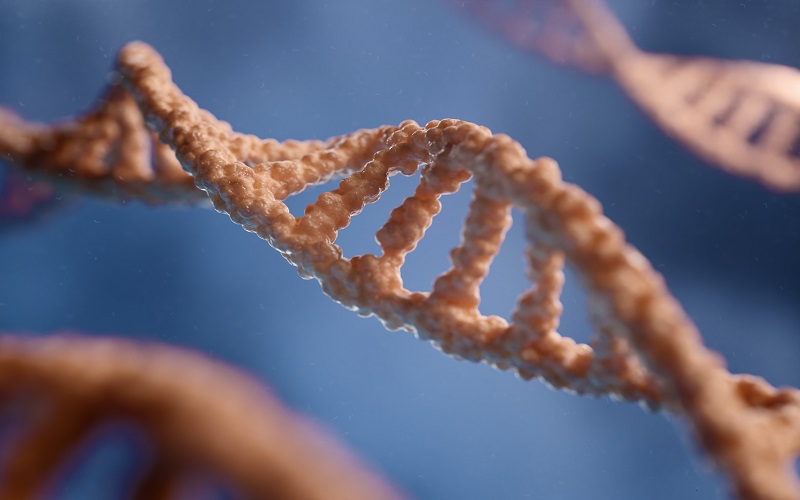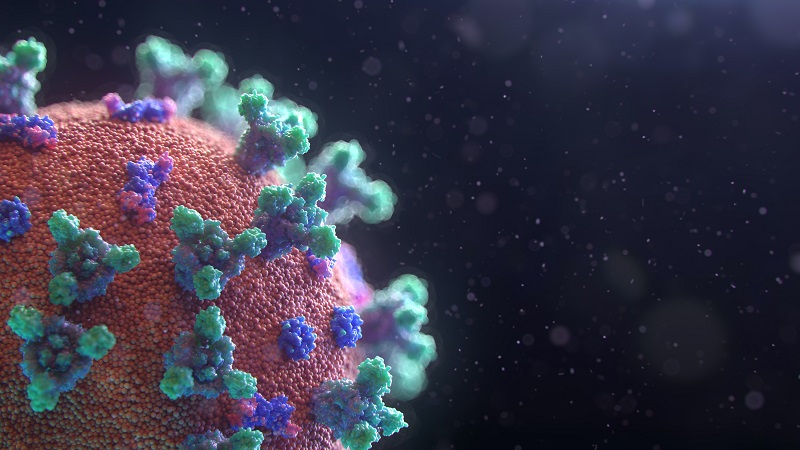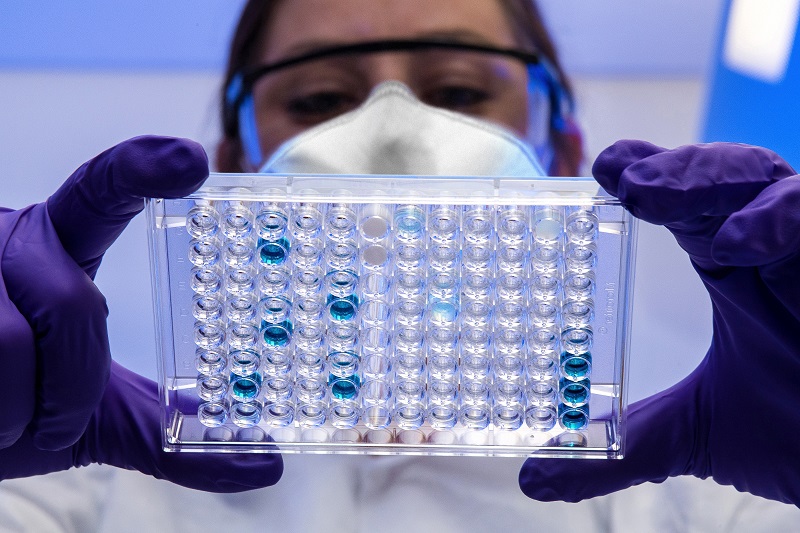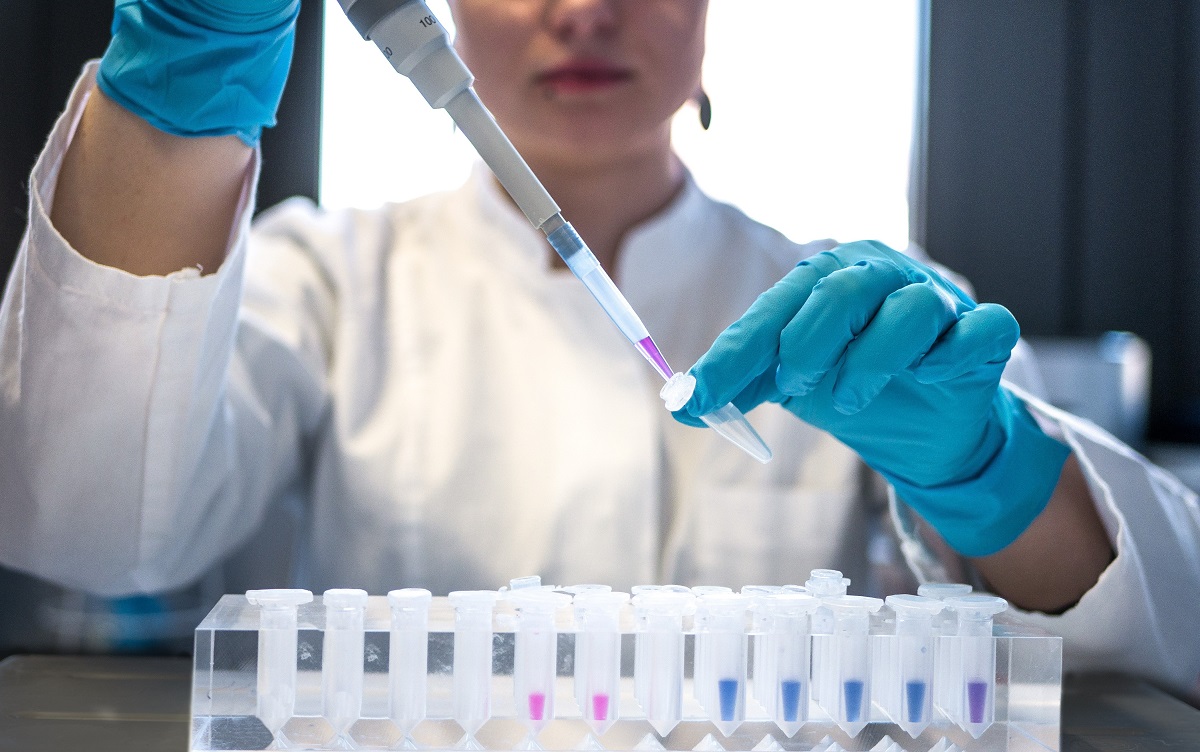Improving the Analytical Performance of PCR Assay via the First Step
(0 User reviews)
97
42
Abstract
Polymerase chain reaction (PCR) is a popular molecular biology technique that can enzymatically replicate DNA without the use of living organisms, such as E. coli or yeast. This technique allows the exponential amplification of a small number of DNA samples, while analysis becomes easier when enhanced DNA samples are applied. Developed by Dr. Kary Mullis in 1983, PCR is now a common but essential technique used in various applications for medical and biological research laboratories, including DNA cloning for sequencing, DNA-based phylogeny, functional analysis of genes, diagnosis of inherited diseases, identification of genetic fingerprints (for forensics and paternity testing), as well as detection and diagnosis of infectious diseases (e.g., COVID-19 and Monkeypox). In 1993, Dr. Mullis was awarded the Nobel Prize in Chemistry with Dr. Michael Smith for their work on PCR.
There are no reviews for this Publication.
There are no comments for this Publication.
You must log in to post a comment.
Log in





